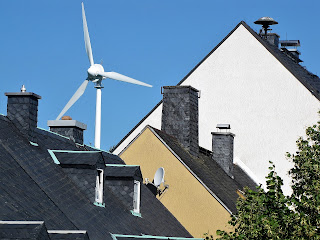One of the biggest advantages of off-grid living is the sense of independence it provides. By living off the grid, individuals are not dependent on public utilities and are not subject to power outages, water shortages, or other issues that may arise with these systems. Additionally, off-grid living often leads to a more sustainable lifestyle, as individuals rely on renewable energy sources such as solar or wind power and may choose to grow their own food.
Another benefit of off-grid living is the opportunity to live in a remote or rural area, away from the noise and pollution of the city. This can provide a sense of peace and tranquility that is hard to find in more urban areas. Furthermore, off-grid living allows people to live more closely to nature and to develop a deeper appreciation for the environment.
However, off-grid living is not without its drawbacks. One of the biggest challenges of off-grid living is the cost. Setting up an off-grid home can be expensive, as individuals need to invest in equipment such as solar panels, wind turbines, and generators. Additionally, maintaining and repairing these systems can be costly.
Another disadvantage of off-grid living is the lack of amenities and services that are available in urban areas. Individuals living off the grid may have to travel long distances to access basic services such as healthcare, shopping, and education. Furthermore, living off the grid can be isolating and may not be suitable for people who enjoy a more social lifestyle.
Living off the grid can be a challenging but also a rewarding experience. It allows people to live independently and sustainably, but it also requires a certain level of self-reliance and resourcefulness. It's crucial to weigh the pros and cons before making the decision to live off the grid. It's not for everyone but for those who are prepared to take on the challenges, it can be an incredibly fulfilling lifestyle choice.


Post a Comment